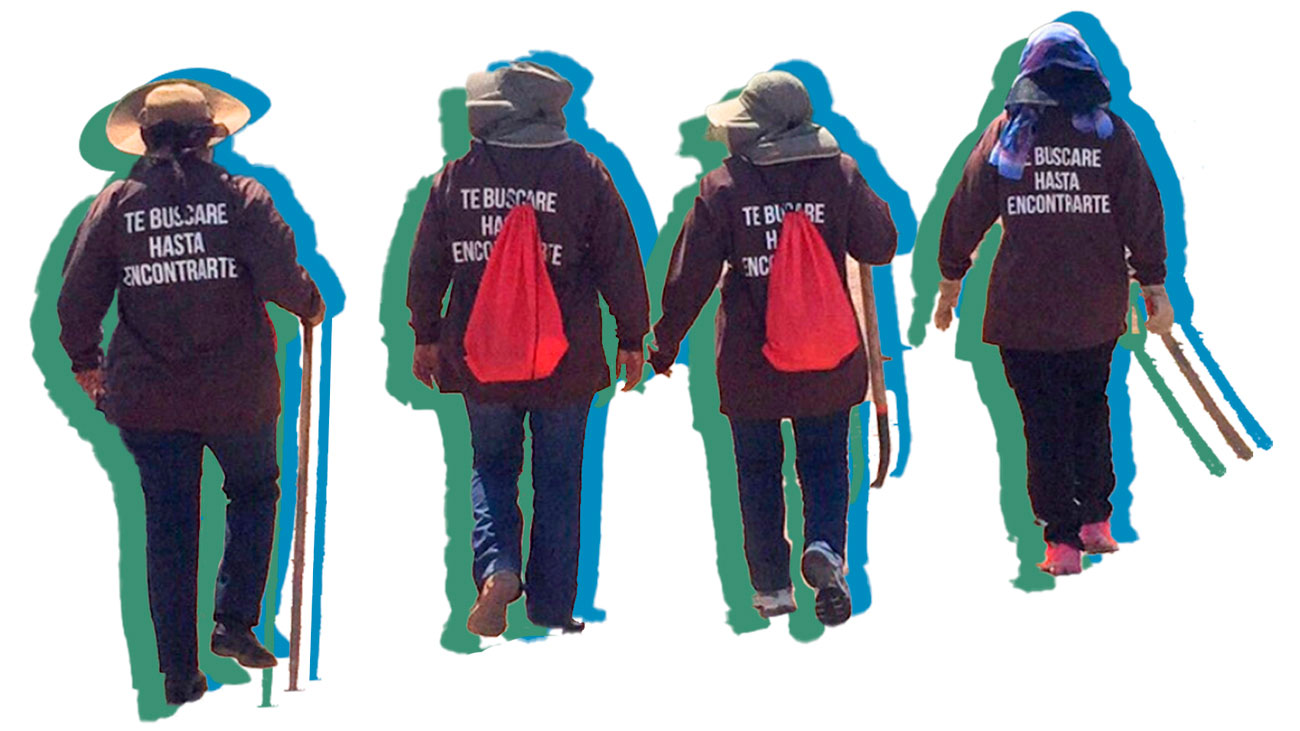Strategy

A resilience strategy
The Resilience Fund seeks to support responses of civil society and non-state actors in contexts where safety, security and livelihoods have been eroded because of the detrimental impact of organized crime and its capacity to penetrate and compromise state action.
Our strategy is to respond to the negative cycle that engenders criminal governance by supporting the positive cycle of community resilience, as shown below.



Strategy implementation
We implement this strategy by providing financial and operational support to nurture civil-society response to organized crime around the world, by building capacity, funding initiatives, and ultimately creating networks and incubating communities’ resilience. The initiatives we are supporting will be scaled and replicated in other communities facing similar challenges.

Identify
Research, find and select civil-society beneficiaries from the three Fund windows: counter-crime advocates, community resilience groups and journalism initiatives.

Incubate
Support and nurture local initiatives, and work with civil-society actors to create networks that can grow into a powerful model of resilience.

Replicate
Achieve continuity by creating a replicable model of resilience capacities and initiatives, implemented globally.
Who can benefit from the Resilience Fund?
The Fund selects recipients who will benefit from carefully targeted financial support across three complementary priority ‘windows’.

Community resilience groups
Local organizations, collectives and foundations engage directly with affected communities and target those made vulnerable by organized crime, often providing victims with innovative forms of protection and respite from abuse in the absence of an effective state response.

Journalism initiatives
Media exposés of criminal activity have often catalyzed wider responses to organized crime. This window aims to build the capacity of media houses through skills training, ensuring safety and advocacy, data protection, funding and mentorship, among others.

